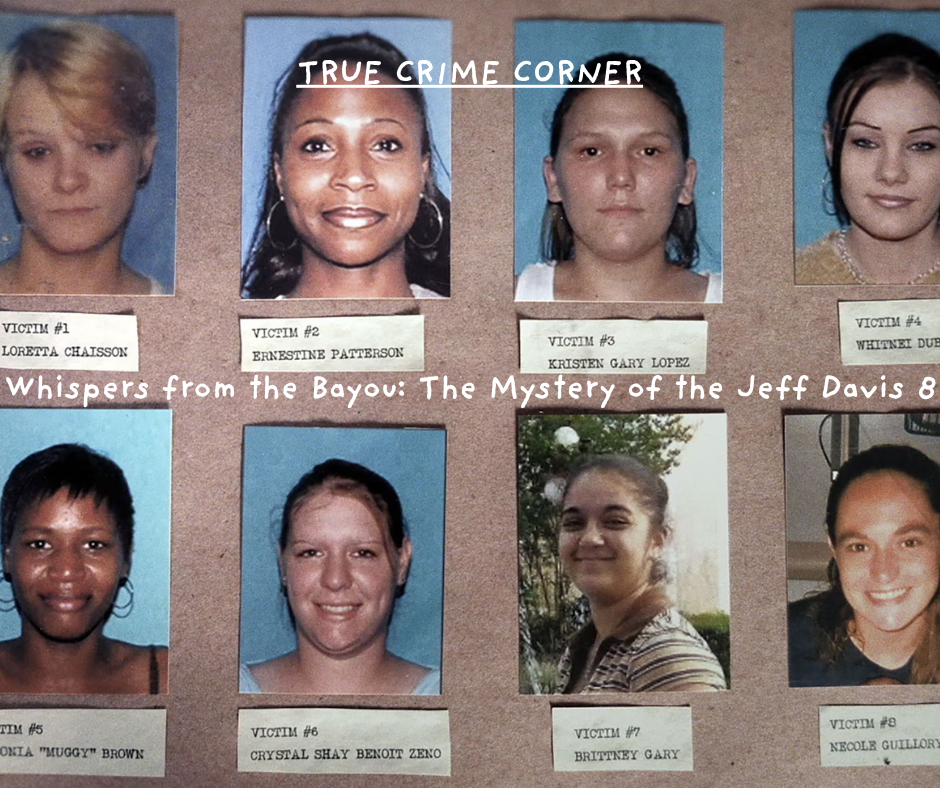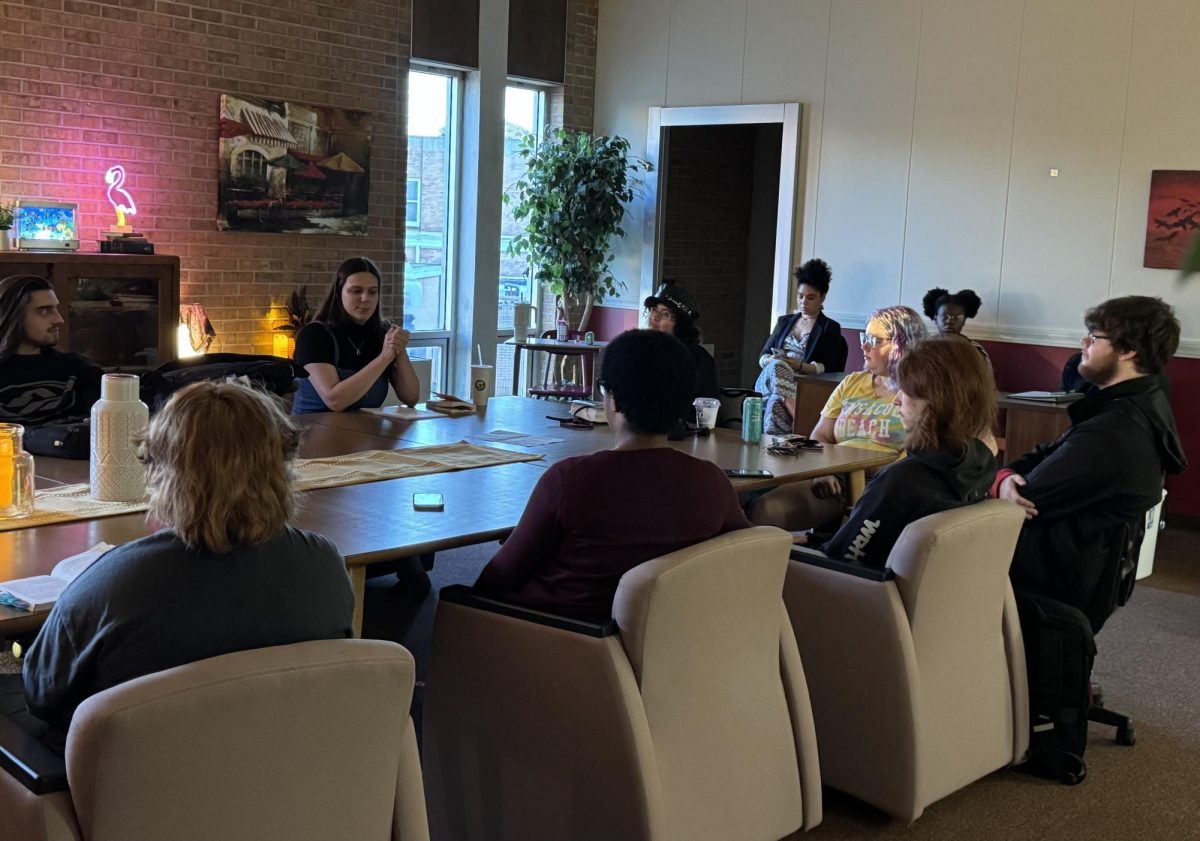On Aug. 22 in Charlotte, North Carolina, Ukrainian refugee Iryna Zarutska rode the Blue Lynx Line home after her shift at a local pizza shop. Without provocation, 34-year-old Decarlos Brown Jr., stood up from behind Zarutska and stabbed her three times in the neck. Despite the efforts of paramedics, she succumbed to her injuries on the train.
In 2022, Zarutska fled Ukraine, where she was living in a bomb shelter, and immigrated to the United States. Afterwards, she lived with her uncle, aunt, mother and siblings, before moving in with her boyfriend in May. Zarutska immediately went to work after receiving her correct papers and got a job with her mother at an assisted living home and a pizzeria. She had many aspirations to have a better life and was making plans to attend school to become a veterinary assistant.
In an interview with Good Morning America, Zarutska’s uncle, who asked not to be named, said his niece “was the glue of the family” and “didn’t deserve to die.”
While Zarutska’s death may be the most extreme, it is not Brown’s first criminal offense; In 2014, he served a five-year sentence for robbery with a deadly weapon. After Brown was released in 2020, he was arrested shortly after for assaulting his sister in their home.
In 2025, Brown got in trouble with the police for making falsified 911 calls. In his calls, he stated he was implanted with “man-made materials” and wanted them out. Police continued releasing Brown on account of his long-standing struggle with schizophrenia and pleaded insanity. People argue that because of this, criminals like Brown can use mental struggles as a valid excuse for their actions and not receive help they need.
“If mental health issues prove to be present in this case, it is another example of the ongoing mental health crisis in our country where resources are lacking,” criminal justice professor Mark Johnson said. “We find persons that should be getting help in secure facilities instead of on the street because resources are not available.”
As of the latest update, the competency evaluation will determine if Brown is fit to stand trial due to his mental health issues. He is scheduled to appear in court on Sept. 19. If charged with first-degree murder, Brown would face life in prison or the death penalty. Meanwhile, Zarutska’s family demands justice for her murder and aims to address the broader crisis in public safety.






